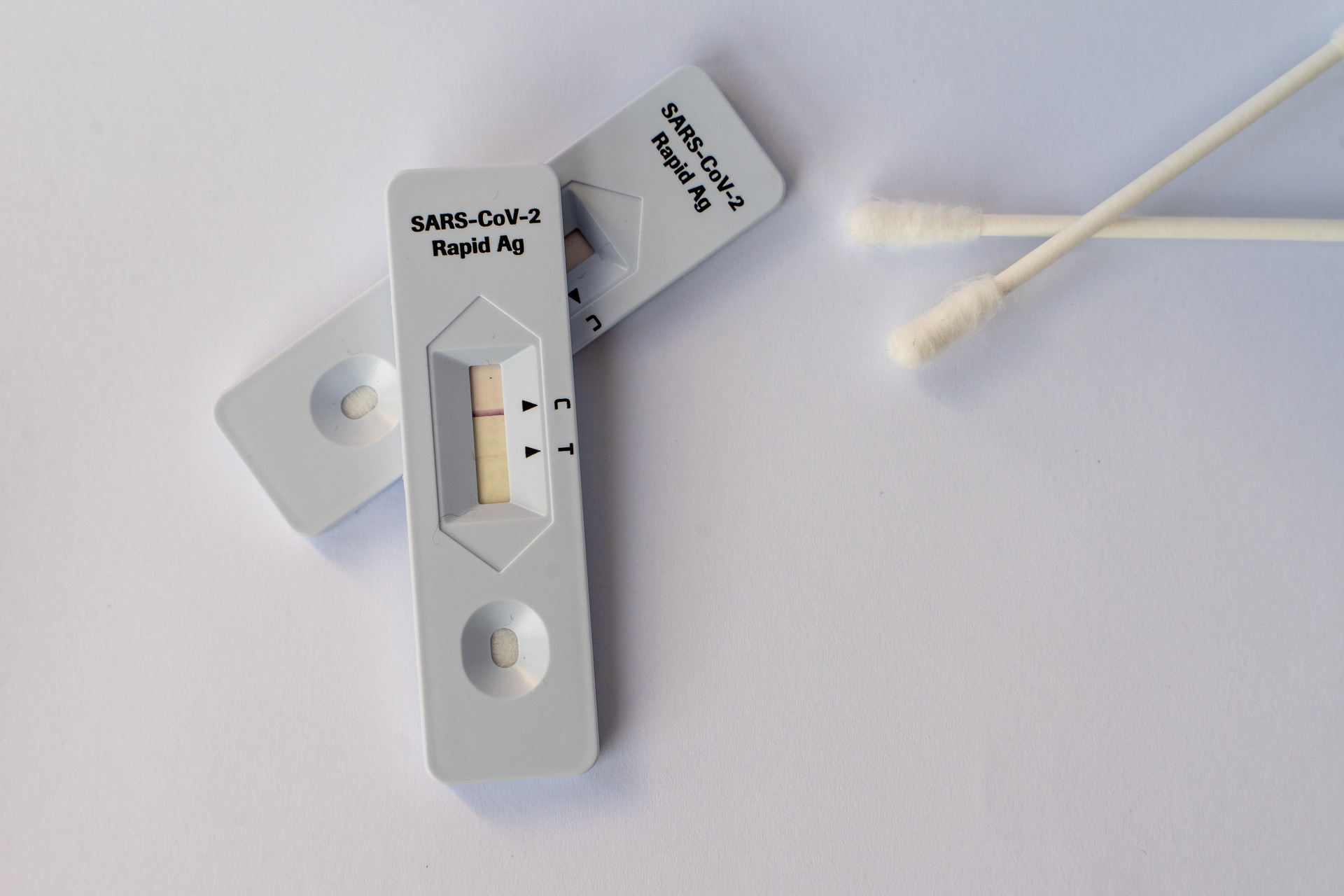Why didn’t the FDA approve these tests? What was the motivation? Other than the need to scare the public with sky high case counts of people who were not capable of spreading the virus, why else would they not approve a cheap at-home test? Meanwhile they rushed through experimental mRNA vaccines. Vaccines that you inject into your body. A rapid test is non-invasive and has zero risk.
Within a few weeks, Bosch and her colleagues had a test that would detect coronavirus in 15 minutes and produce a red line on a little chemical strip. The factory where they were planning to make tests for dengue fever could quickly retool to produce at least 100,000 COVID-19 tests per week, she said, priced at less than $10 apiece, or cheaper at a higher scale.
Bosch’s prototype attracted a top Silicon Valley venture capital firm, which pitched in $2 million.
“We are excited about what E25Bio is capable of shipping in a short amount of time: a test that is significantly cheaper, more affordable, and available at-home,” said firm founder Vinod Khosla. (Disclosure: Khosla’s daughter Anu Khosla is on ProPublica’s board.)
On March 21 — when the U.S. had recorded only a few hundred COVID-19 deaths — Bosch submitted the test for emergency authorization, a process the Food and Drug Administration uses to expedite tests and treatments.
A green light from the FDA could have made a big difference for the many Americans who were then frantically trying to find doctors to swab their noses, with results, if they were lucky, coming back only days later.
But the go-ahead never came.
This Scientist Created a Rapid Test Just Weeks Into the Pandemic. Here’s Why You Still Can’t Get It. — ProPublica
The reason the FDA didn’t approve the cheap at-home tests is that they were not sensitive enough. They wanted the country to rely on PCR tests that can pick up fractions of the virus depending on how many cycles in which they run the test.
In the months that followed, Bosch responded to repeated requests from FDA reviewers for data and studies. When the agency finally put out guidance that summer about the performance over-the-counter home tests needed to meet, officials required that such tests be nearly as sensitive as the lab tests used to definitively determine whether a patient has COVID-19.
That standard proved difficult to meet. Rapid tests are usually sensitive enough to detect viral antigens when someone has enough of them to be able to spread the disease. Such tests are not as good at picking up cases in either earlier or later stages of infection, when viral loads are lower.
Bosch’s tests missed the FDA’s high bar. It wasn’t until the spring of 2021 that much larger companies were able to design similar tests — relatively inexpensive, over-the-counter rapid tests — that the agency found acceptable.
“You could have antigen tests saving lives since the beginning of the pandemic,” said Bosch, sitting in her lab at MIT. “That’s the sad story.”
This Scientist Created a Rapid Test Just Weeks Into the Pandemic. Here’s Why You Still Can’t Get It. — ProPublica
Stick a fork in COVID-19. It’s done.
Experts are not God. It’s up to each individual to ascertain their own personal risk and not abdicate their health decisions to experts. Don’t abdicate those decisions to your own doctor either. Make your own decision in consultation with him/her. Listen to what they say with a critical eye. Find the commonalities in the information. Ferret out what is actually true and take action accordingly.
What is true about SARS-CoV-2 and COVID-19 from the very beginning? If you’re over the age of 70, are obese, have type-2 diabetes, or have a compromised immune system from something else you could be at high risk. Everyone else in the world is at near zero risk for severe COVID-19.
